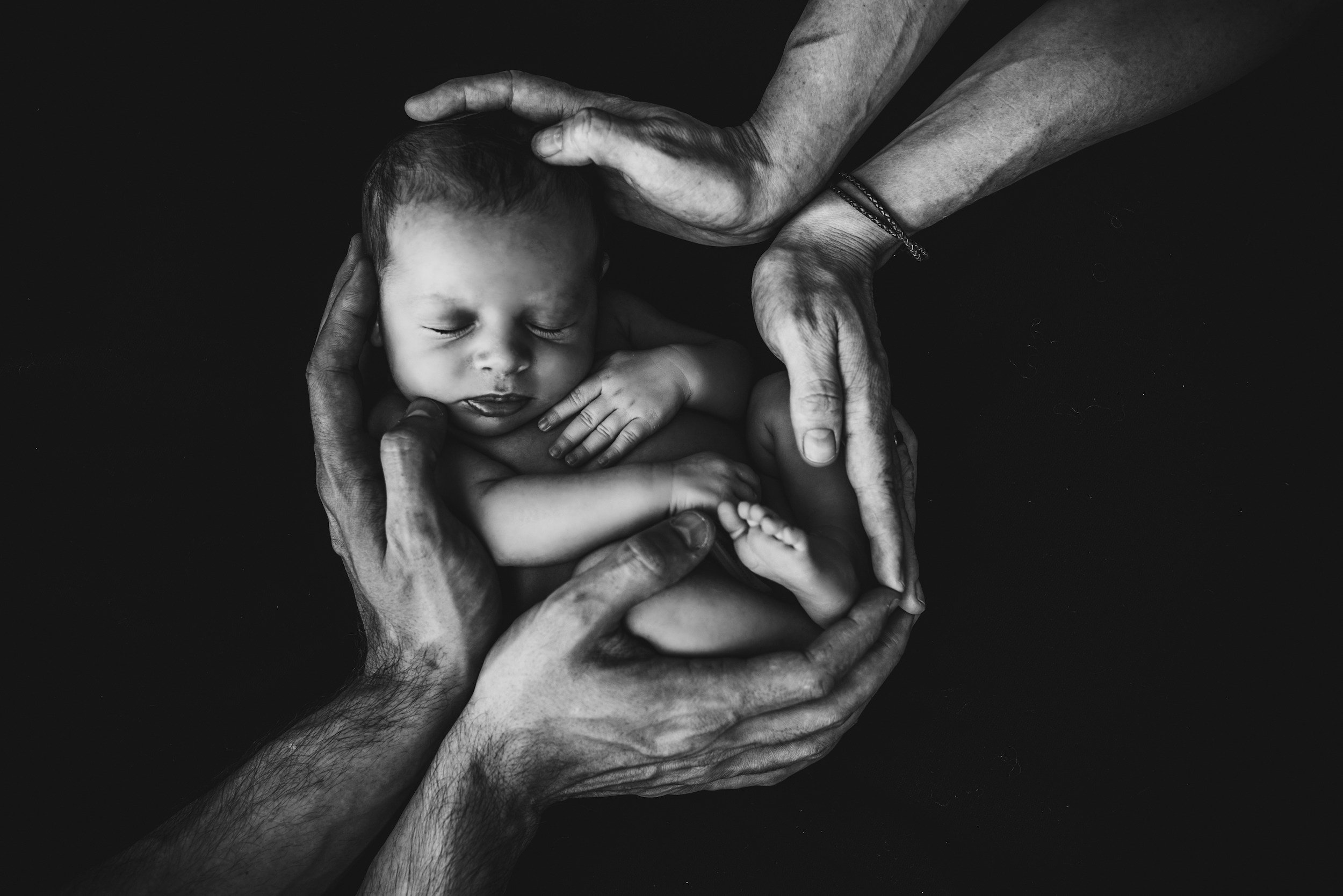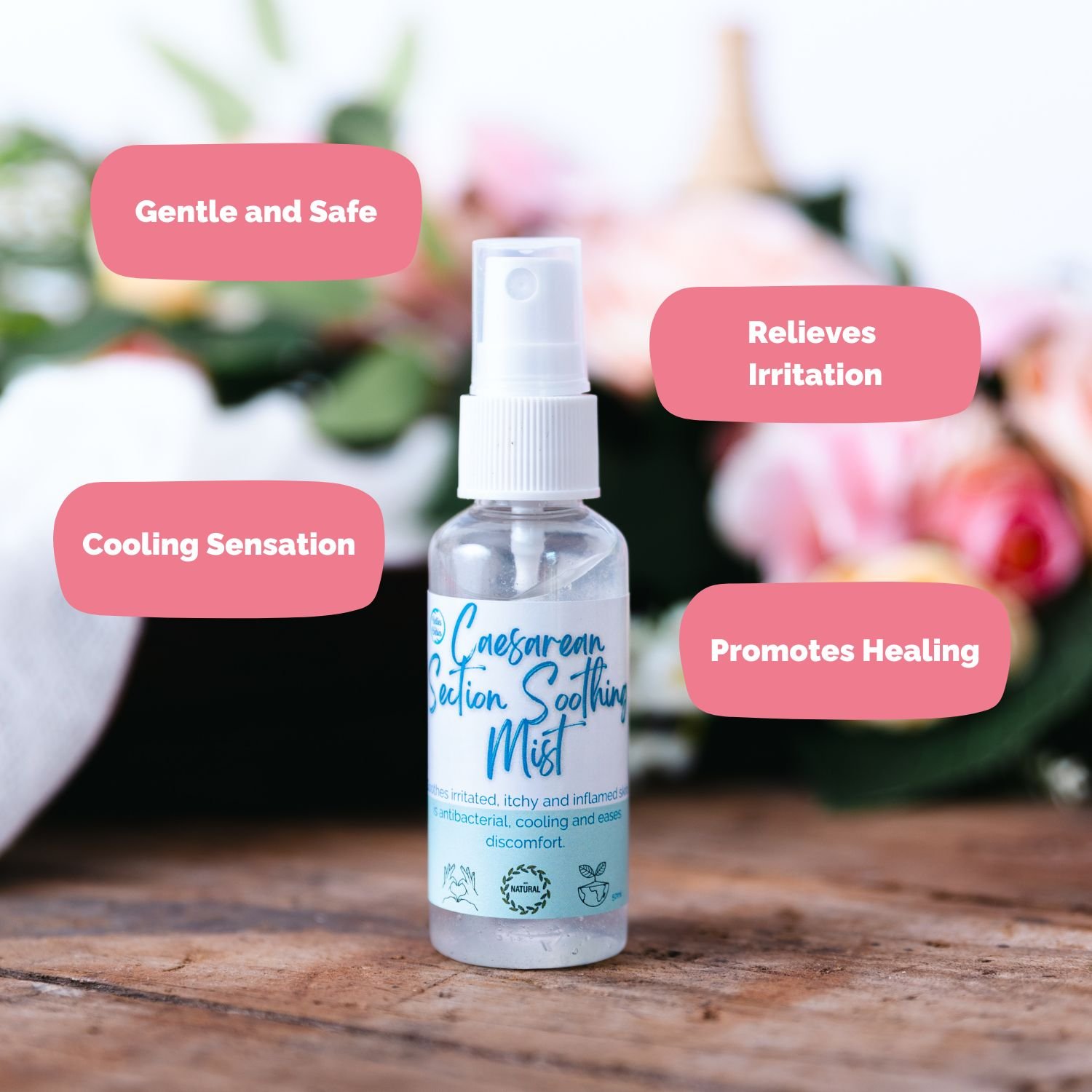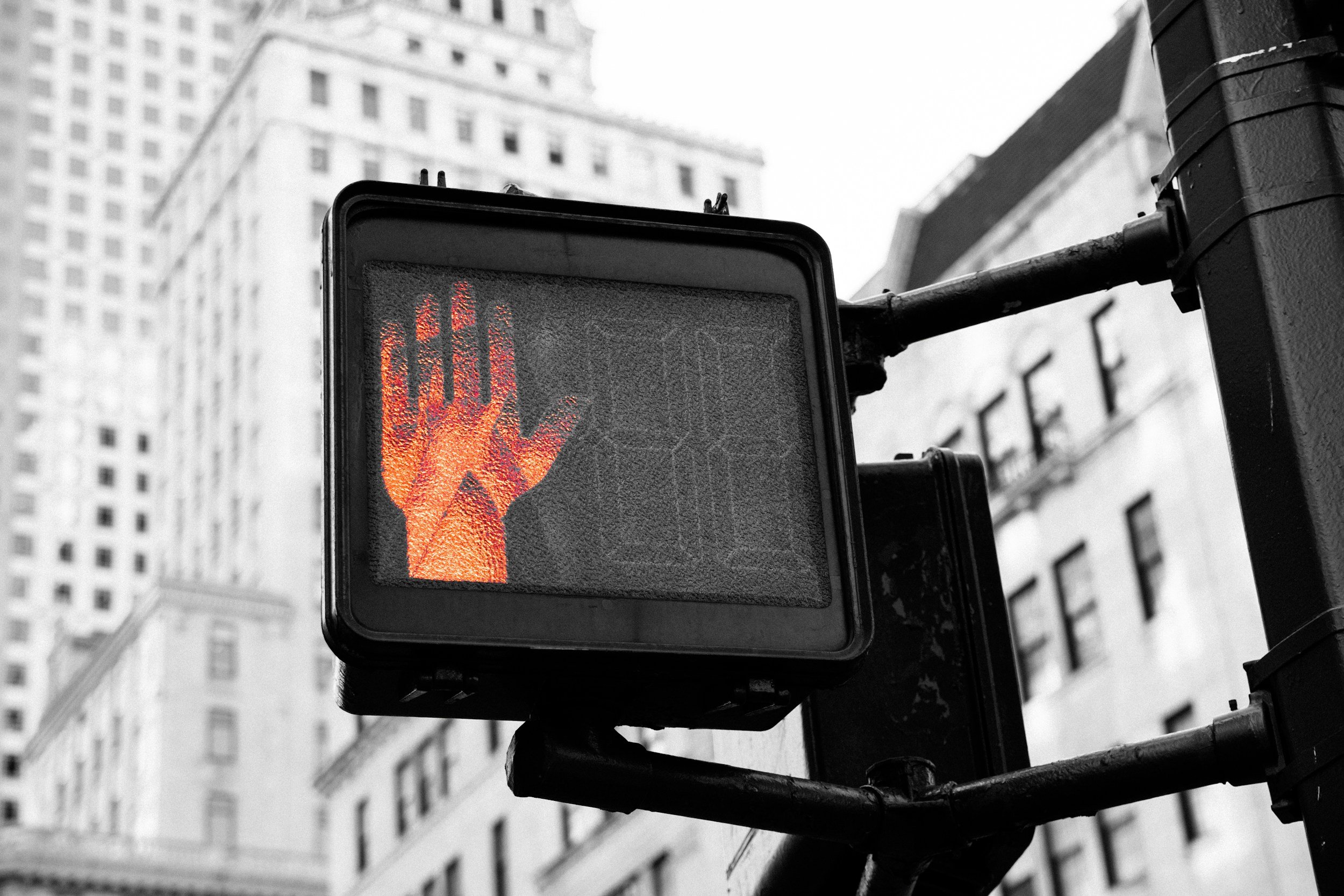
Your Postnatal Recovery Plan: Rest, Repair, and Rebalance
Discover your 5+5+5 Postnatal Recovery and Care Plan — a calm, evidence-based guide designed to help new mums recover gently after birth. This printable resource includes everything you need for a smoother postnatal journey: your 5-5-5 rest plan, emotional recovery tips, practical self-care ideas, and a checklist of essentials. Learn how to create a nourishing recovery space, set up your feeding and snack stations, use soothing tools like peri spray and sitz baths, and support your physical and emotional wellbeing.

Second Night Syndrome – What It Is and How to Get Through It
That second night after birth can feel like a whirlwind—your sleepy baby suddenly won’t stop crying, wants to feed non-stop, and refuses to be put down. Sound familiar? You're not alone. This is something many new parents experience, and it has a name: Second Night Syndrome. In this blog, we explore what it is, why it happens, and how to get through it with confidence (and a little more calm). Spoiler alert: it’s totally normal—and you’re doing an amazing job.

A Letter from Your Newborn
Discover the heartfelt wisdom of a newborn in this touching letter. It's a gentle reminder to embrace patience, love, and understanding as you navigate the early days of parenthood. From feeding on demand to cherishing cuddles and prioritizing self-care, these words offer reassurance and perspective during this precious, yet fleeting, time.

Essential Aftercare for Caesarean Section: Healing and Recovery Tips
After a C-section, recovery can take time and patience, but with the right care and support, you'll heal and feel stronger every day. The first few days after surgery are focused on managing pain, preventing infection, and allowing your body to rest. You’ll likely need assistance with daily tasks as you regain mobility and strength. It’s important to monitor your incision for signs of infection, stay hydrated, and follow your healthcare provider's advice on movement, rest, and nutrition. Taking care of yourself during this time is vital, so don't hesitate to ask for help, prioritize rest, and allow your body the time it needs to heal properly.

Navigating the Baby Blues: What You Need to Know
The baby blues, often called the "third-day blues," affect up to 80% of new parents in the early postpartum days. Caused by hormonal shifts, sleep deprivation, and the overwhelming adjustments of life with a newborn, the baby blues can bring mood swings, tearfulness, and anxiety. While these feelings are normal and usually fade within two weeks, support and self-care can make all the difference. Discover practical tips for managing the baby blues, when to seek help, and why it’s okay to ask for support as you navigate this emotional phase of parenthood. Read on …..

4th Trimester Realities: How to Manage the Rollercoaster
The 4th trimester, the first 3-8 weeks of your baby’s life, can be a challenging and emotional time for new mums. With hormones fluctuating, sleep deprivation, and the pressures of caring for a newborn, it’s easy to feel overwhelmed. In this guide, we’ll help you navigate this transitional period with tips on managing postpartum recovery, understanding your baby’s needs, and seeking the support you need. Discover practical advice on what to expect during the 4th trimester, how to ask for help from partners and family, and how online support groups like Mum Huddle NZ can provide the community and reassurance you need to thrive.

Healing from PTSD: Tools, Treatments, and Hope for Recovery
Post-Traumatic Stress Disorder (PTSD) affects millions worldwide, disrupting daily life and emotional well-being. Recognizing the symptoms of PTSD—such as flashbacks, heightened anxiety, and emotional numbness—is the first step toward recovery. With effective treatments like therapy, medication, and support networks, individuals can regain control and rebuild their lives. Discover more about the causes, signs, and healing strategies for PTSD in this guide.

Postnatal Depression - A Partners Perspective.
Welcoming your new baby is a time of joy, as well as a radical life adjustment for you both. Your partner is recovering from pregnancy and birth, you are both learning to meet the needs of your newborn, and throw in the lack of sleep, times can be trying to say the least! When postnatal depression is added into the mix, it can tip any sense of balance, and make the postnatal adjustment feel completely overwhelming. Keep reading….

Feeling 'touched out'!
You want to scream at the top of your lungs. Your body is so overstimulated, sore, tired and plain beat up. You don’t feel an inch of sexiness which only adds to the more guilt you feel. You have a love-hate relationship with breastfeeding. It’s only 12 pm and you have been touched a gazillion times!
You are so over it but no one understands. To make matters worst you are so fearful to express it because you will feel judged. You are burnt out and you are beginning to cringe when it’s time to feed your baby or “sexy time”. Am I a bad Mum/partner you think to yourself? Is there something wrong with me? Why do I turn away from being kissed by my partner? I don’t ever feel the need to be intimate anymore… what does this mean for my relationship?”

Postnatal Depression - you are not alone.
Sometimes, parents have difficulty adjusting to the many physical, emotional, psychological and social challenges of parenting. We know that everyone experiences symptoms of perinatal anxiety and depression differently. The way it affects you can depend on a range of factors. Your own physical, emotional and mental make-up and stressful external situations may combine to increase the risk of you developing symptoms of perinatal anxiety and/or depression.

Postnatal Bodies are Beautiful.
Somewhere along the way, you might have believed that your body was supposed to look the same forever. The media and all the celebrities in the spotlight don’t help matters at all! Here’s the God-honest truth: all bodies change, and it’s been that way since the day you were born and will be that way until the day you die. Shouldn’t the joy of having a new baby outweigh any of the discomforts we might feel in our postnatal bodies? In the aftermath of childbirth, many exhausted mummas feel blindsided by an assault of physical changes as fluctuations in hormones, sleep deprivation, hair loss, puffiness, loose skin, stretch marks, changes in energy and appetite that throw off the body’s reliable responses to mood and weight management.

What happens to you during the '4th Trimester' (and is it a real thing)?
Just when you thought you'd reached the finish line of pregnancy, you discover there’s one more "trimester" to journey through.
We’re talking about the "4th trimester" - that hazy period where you’re recovering from pregnancy and delivery while simultaneously learning how to be a parent as you, your partner and your baby adjust.
Marking the transition from pregnancy to postpartum, the fourth trimester is the 12-week period of time following the birth of your baby. These first weeks are a time of change, learning, and new experiences for everyone.
Did you know you can easily find specific topics by using the search bar? Simply type in what you're looking for, and you'll be directed to all the relevant information!

